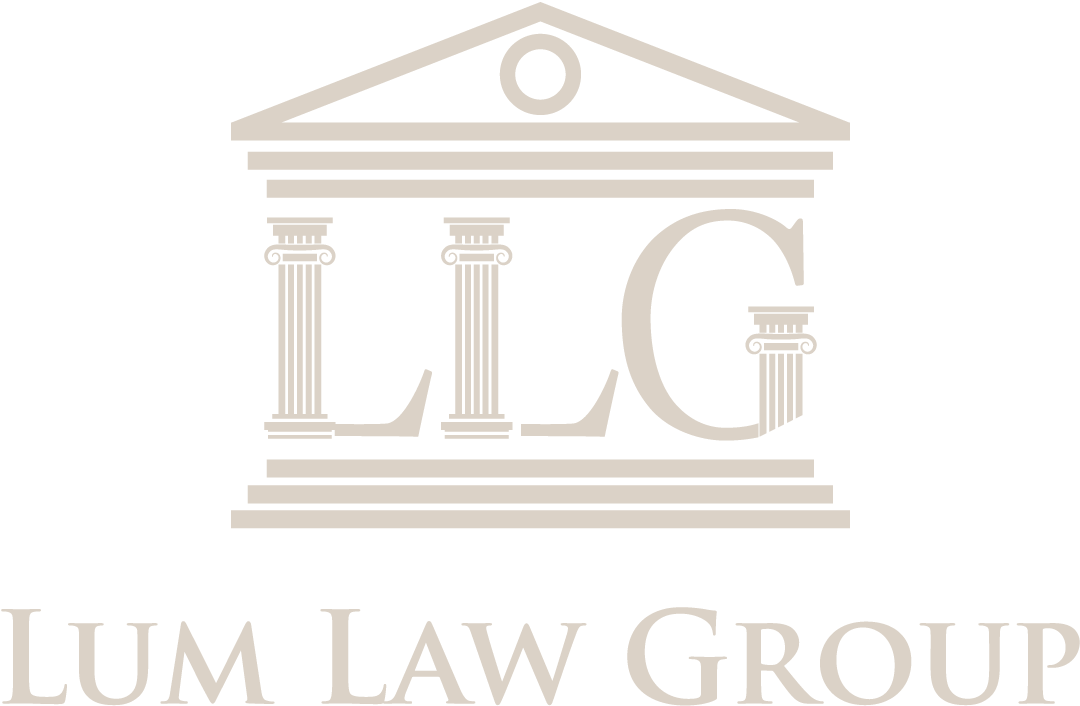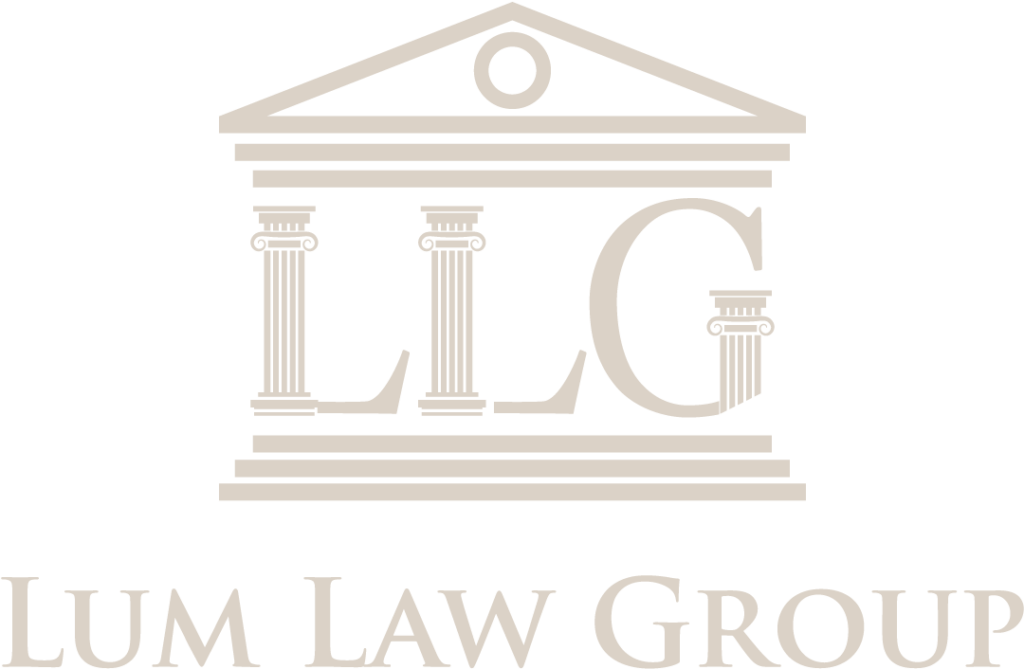3 New Changes for H1-B Filers in 2019
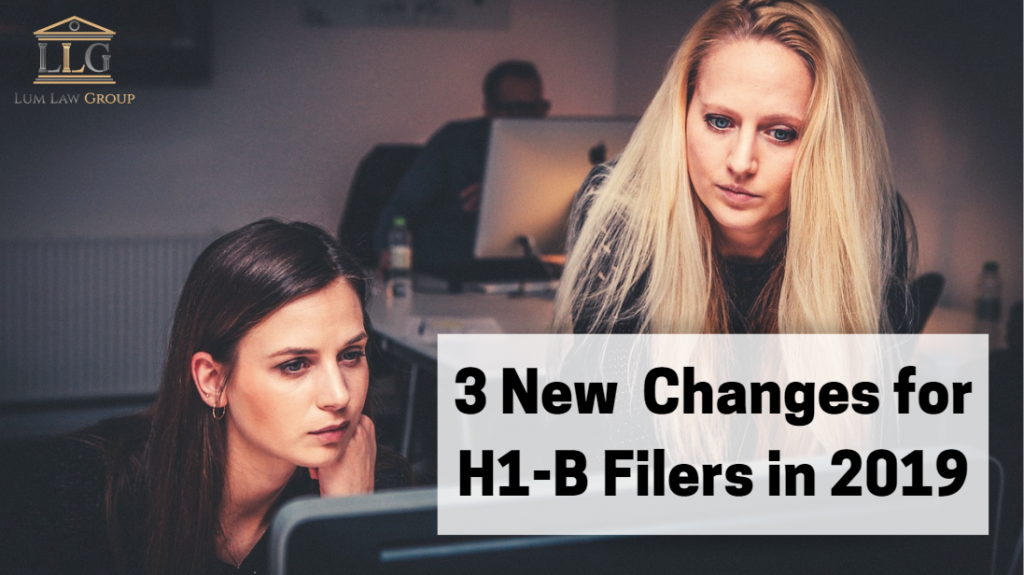
Here at Lum Law Group, we have already begun preparing H1-B petitions on behalf of our clients. If you plan on filing this year, do not wait till mid-March (it might be too late!) Contact our office for answers and assistance on filing your H1-B petition this year! On January 31, 2019, DHS has issued […]
How to Handle an Immigration (USCIS) Employment Site Visit
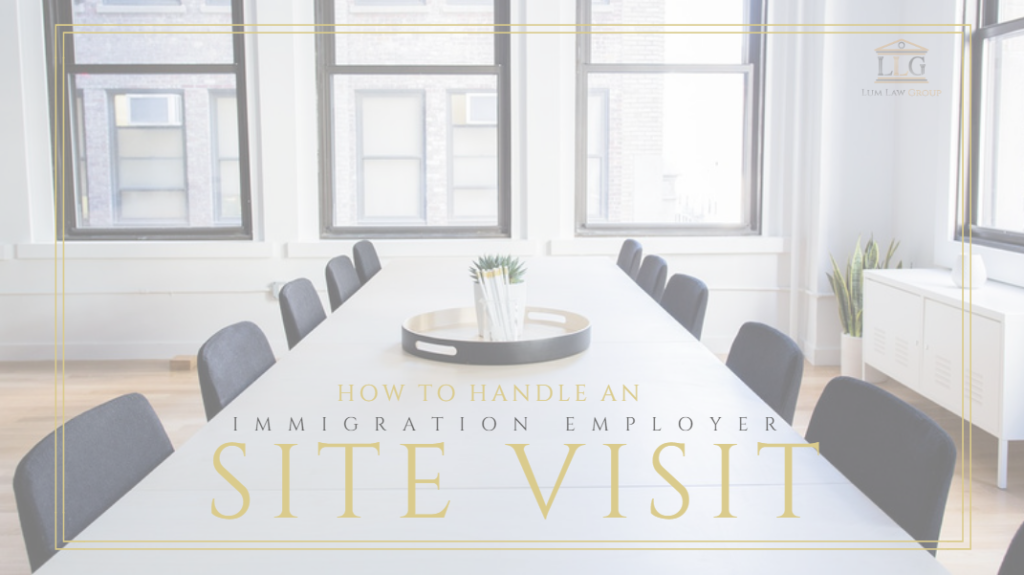
If you’re an employer with employment-based petition(s), such as the Form 129 Petition, for your employees, you might find yourself face-to-face with audit officers from the Fraud Detection and National Security (FDNS) department. FDNS, or a third-party inspector, conducts site visits on behalf of United States Citizenship & Immigration Services (USCIS) to combat L-1 and […]
5 Reasons why it’s already too late to file your H1B petition
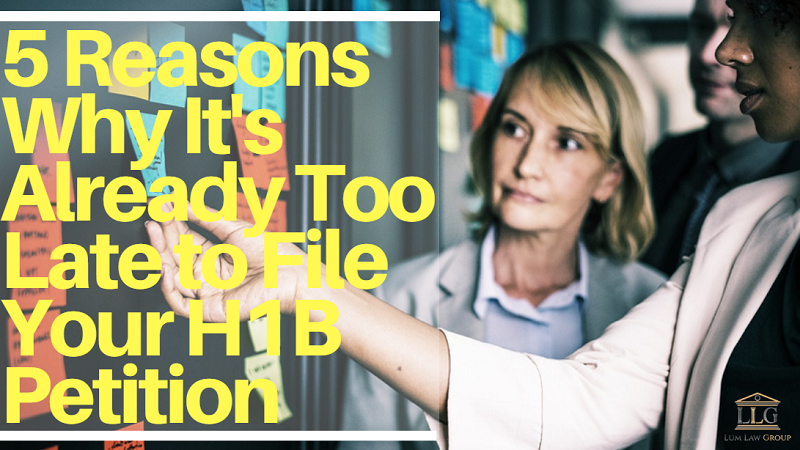
While Spring marks the busy federal and state tax season for CPAs and Tax preparers, H1B is the busy season for immigration law firms. The difference is that “File your taxes with us!” ads don’t start coming out till February-March when companies big and small begin aggressively marketing their clever tax preparation services; yet by […]
